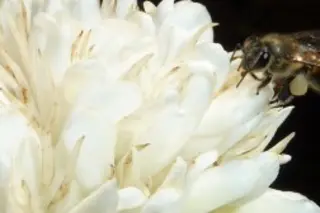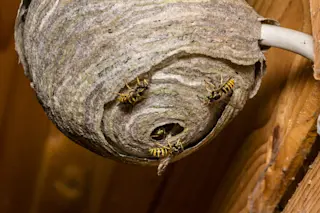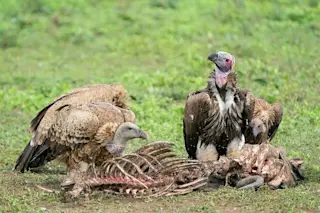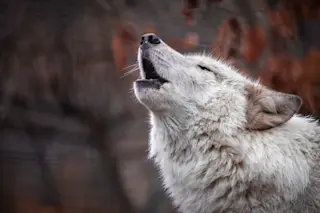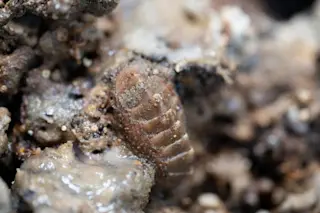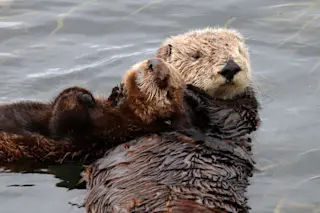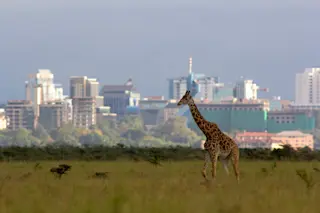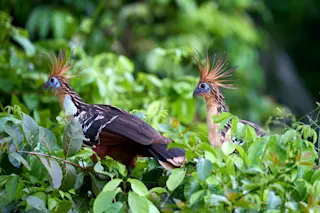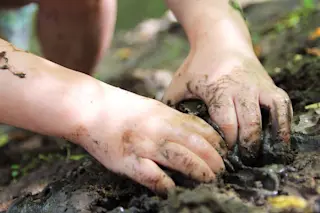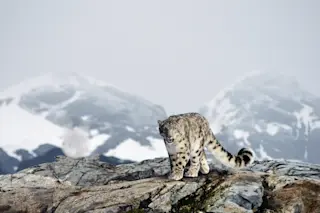Honeybee visiting a coffee flower. Caffeine has been a part of human cultural heritage for more than five thousand years. From ancient teas and coffees to todays energy drink craze, you could say that as a species, we're hooked. But we're not the only ones — a new study published in Science today has found that pollinators get a daily buzz off caffeine, too, and it keeps them coming back for more. It was originally thought that plants produced caffeine as a pesticide, which is, in part, true. Caffeine in leaves and seeds can paralyze and kill some insects that feed on plant parts, preventing damage. Some plants, like Coffea arabica or Mountain Coffee, also release caffeine into the soil around them that inhibits the growth of other seeds, thus giving their seedlings a competitive advantage. For the past few decades, these were thought to be the uses of caffeine ...
Coffee and Citrus Plants Boost Bee Memory With Caffeine
Discover how caffeine in floral nectar enhances pollinators' memory, affecting honeybee foraging behavior significantly.
More on Discover
Stay Curious
SubscribeTo The Magazine
Save up to 40% off the cover price when you subscribe to Discover magazine.
Subscribe

